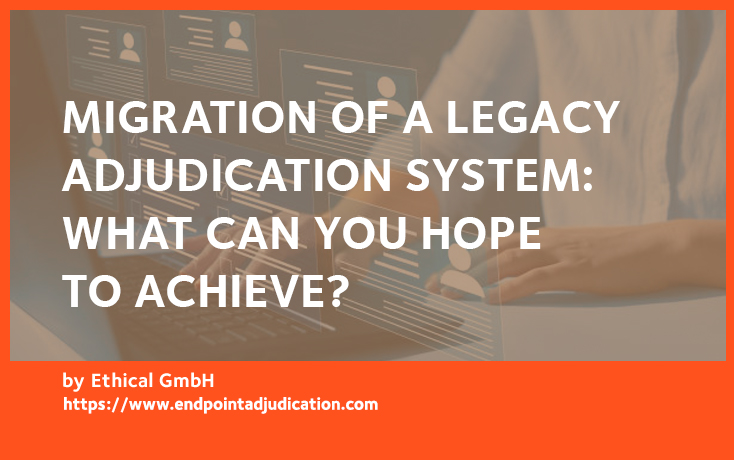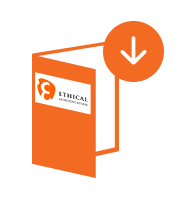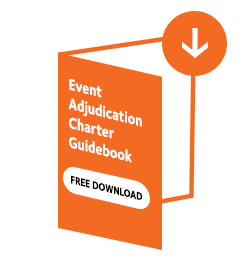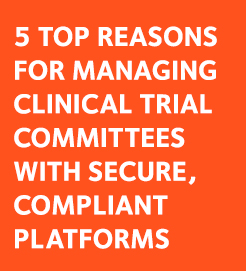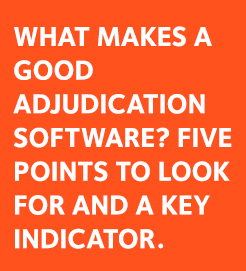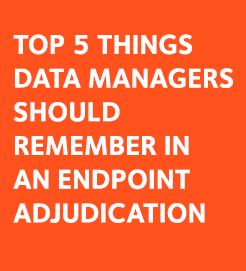In a previous article we discussed the five main reasons why an organization may choose to migrate active projects from a legacy system to a more advanced and robust platform. In this post we will detail the benefits that the organization can hope to achieve and discuss the benefit/cost ratio in different situations.
Software in general have a major advantage and a major weakness. The advantage is that they can easily be updated, corrected, and improved as the experience from their use builds up. They don’t have to be perfect from the fist day and many crucial improvements come along the way as programmers study the use and learn from experience. The drawback is exactly the same: software keep evolving, and it eventually becomes interesting and necessary to replace them. Replacement is not merely an improved version of the same but is something entirely new that overcomes the weaknesses of the previous and opens new perspectives. And this is where the critical decisions have to be taken. When should the migration occur? How to perform it? What is the foreseen cost and the expected benefits? Finally, what are the possible risks and their potential impact?
Expected benefits from a new adjudication system
Below are listed some of the main benefits one might expect from a newer more robust platform. By achieving these objectives, an organization is able to modernize its adjudication studies system, thereby improving operational efficiencies, ensuring compliance, and providing a better experience for all stakeholders involved.
• Enhance System Reliability: to improve the stability and uptime of the system hosting the adjudication studies by leveraging a more robust infrastructure.
• Improve Data Integrity and Security: to ensure that the data is migrated securely and without loss, while also enhancing ongoing data security measures in line with GxP and GAMP5 guidelines.
• Optimize Performance: to increase the speed and efficiency of data processing and retrieval tasks associated with adjudication studies.
• Ensure Compliance: to align the hosting and management of adjudication studies with industry standards, including GxP and GAMP5, ensuring that the system is compliant with regulatory requirements.
• Streamline User Experience: to provide a more intuitive and user-friendly interface for researchers, clinicians, and other stakeholders involved in the adjudication studies.
• Facilitate Scalability: to build a scalable system that can easily adapt to increasing data volumes and user needs in the future.
• Cost-Effectiveness: to achieve a more cost-effective solution for hosting and managing adjudication studies without compromising on quality or compliance.
• Training and Transition: to ensure a smooth transition for all users through comprehensive training and support materials.
Key decisions to make prior to migration
The key decisions to make prior to moving to the migration are the following:
• Number of studies to be migrated: some studies close to completion may not be worth migrating. All current and planned studies should be considered and the decision to migrate or not be carefully weighed.
• Shall the organization move the events already adjudicated to the new application? It may be more efficient and simpler to retain only the output of past adjudications in archivable format (e.g., PDF, data transfer) and start only the new adjudication cases in the new system. Care should be taken in such case to account of all cases at the end of the study.
• Adjudication data flow: before moving in migration, one must carefully identify the key steps that need to be reviewed and migrated into the new solution. At minimum the following:
- Identification of events. How are the events that need to be adjudicated identified? The new process must remain consistent with the old.
- Harmonization across cases must be ensured to avoid mismatches.
- Committee management. The management of the committee, usually described in the charter, must be consistent in the new system.
In our next blogpost, we will continue on the topic of system migration and will discuss in particular the steps that need to be taken for a successful migration. This is an important part of the operation and a complex one. We will therefore look closely to methodology, the phases, the risk mitigation and the different tools and technologies available.
eADJUDICATION®: COMPLIANT AND COST-EFFECTIVE ENDPOINT ADJUDICATION COMMITTEES MANAGEMENT
eAdjudication® offers such flexibility that the software configuration and support provision are tailored to exactly match your need.



